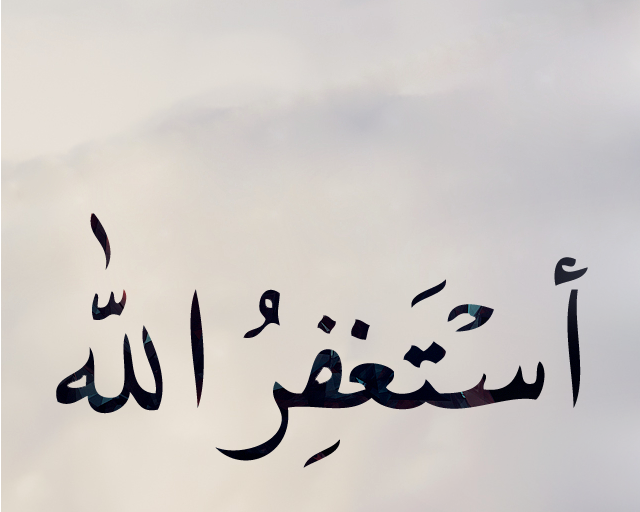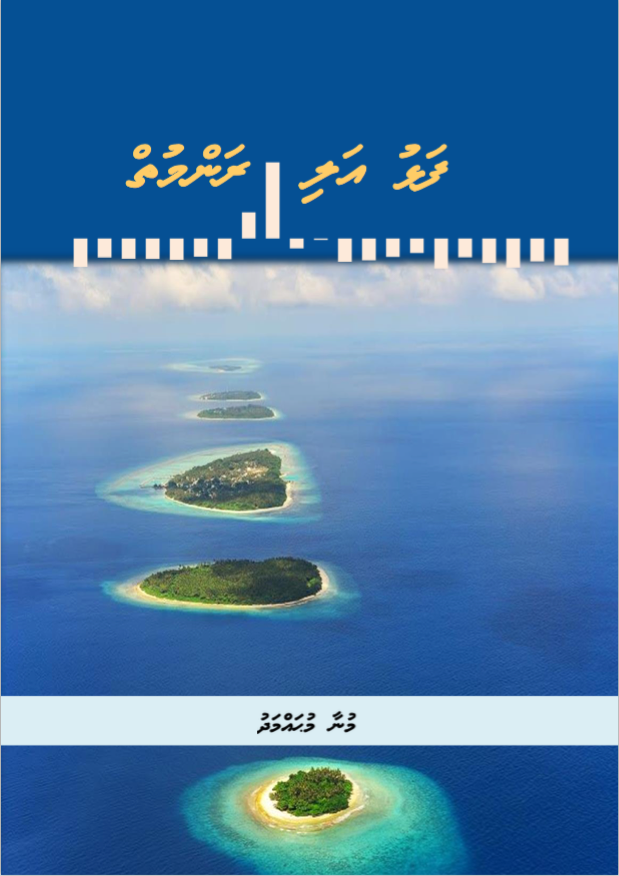Remembering Rilwan
by Azra Naseem
In a few hours, it will be two years since Rilwan was abducted from outside his apartment in Hulhumale’. Gone without a trace for 730 long days. His presence in the hearts and minds of his family and friends remain strong, as does the mark left on society by his sudden absence.
It is hard to imagine what Rilwan’s parents and his siblings go through everyday, missing him as they do. I lost a brother suddenly, to a motorcycle accident, now well over 20 years ago. The shock and pain on my mother’s face when she realised her only son was no longer with her has haunted me ever since. I see the same look on the face of Rilwan’s mother, Aminath Easa, every time I see pictures of her. Haunted, hunted, bereft. The photograph of her and Rilwan sitting on the wall near Raalhugan’du, so obviously delighted to be with each other, is now seared into our collective consciousness—every time I see it, I think of Aminath’s grief. Of my mother’s. Of his sister Shehenaz, who turns her memories of him into poetry. I think of his other siblings, members of his family, young and old, who all speak of him with such love. I think of his father.
How does he bear it?
Recently, a VNews journalist wrote of how he notices Rilwan’s father, Abdulla Moosa, wherever a crowd gathers in Male’. The reporter stopped to ask him why.
“I go to every such gathering. Do you know why? To see if I can get any news about my missing son”, he replied.
He grieves so.
Not a day goes by in which I don’t come across someone speaking of Rilwan on Twitter, my main connection to the home I can no longer live in. Those messages, 140 characters forming different words, carry the same message—“don’t forget Rilwan”. These Tweets are not only reminders sent out to society of its responsibility not to forget Rilwan; they are also captured moments of friends acutely missing Rilwan, pangs of pain released into the virtual world of social media—where Rilwan’s presence is felt most strongly by the most number of people at the same time.
We remember Rilwan in his many roles—writer, blogger, journalist, poet, wit; a likeable young man who leaves an indelible mark on those who know him. Many of his friends are themselves writers, artists, creative young people who, like him, express themselves in various artistic forms and mediums. We express our longing for his safe return in any way we can. Hundred days after Rilwan went missing, I wrote of missing him as a friend. Since then, as days and nights passed without news, and with active obfuscation of his fate by investigative and law enforcement authorities dragging on, some have also written of how Rilwan’s disappearance has been co-opted by many for self-serving reasons. His loss is an emotive issue. Some have even accused people of pretending to be his friend.
Am I among those seen as a pretend friend, I wonder? I know others who have asked themselves the same question.
It is true, sadly, that I did not know Rilwan for long. We met in 2010 as neighbours in Hulhumale’. Yameen Rasheed, Rilwan and I met to talk about changing religious beliefs and practices in the Maldives. I was ‘new’ in town, having come back to live at home after twelve years. The three of us chatted, and had coffee at Rilwan’s. He lived on his own, in a studio apartment on the beachfront. I lived next door. We had more coffee at our place that afternoon, the conversation was too stimulating to end quickly. Rilwan struck me as unusual, somehow atypical of his contemporaries—someone who thinks deeply, reads widely, was without ego, and without the need to boisterously show-off, a trait common among many young Maldivian men of his age. He had an aura of calm around him that made those around him calm.
From the moment we met, I felt a deep connection with him that I have often failed to feel with many I have known for much longer. I envisaged becoming good friends with him. We met several times more. He would often be outside his apartment, smoking a cigarette, enjoying the view of the turquoise sea on his doorstep. Later—throughout those two years after the coup, until the Supreme Court installed Yameen as President and brought to an end Maldives’ transition to democracy—we bumped into each other often at protests. I always felt better for seeing him, somehow calm in the midst of all the chaos around us. I grew to like him more each time.
And, until he was taken, I continued to get to know him more on Twitter. People say Twitter is not a place to form deep connections. While there may be some truth to it, it is also a platform where people’s ways of thinking, worldview, and their attitude to life and things that really matter can become obvious quicker and with more clarity than over personal time spent chit-chatting or making small talk over a cup of coffee. How can it not be, when on Twitter—the only public space we as Maldivians can now afford to be truthful—we peel away the many layers of the usual niceties to speak our truths? There are people on Twitter that I feel I know well, at least the fundamental values and principles on which they base their lives, although I am yet to meet them.
With Rilwan, I was lucky to have met him. We kept in touch after I left in 2013, after the elections, when that battle was lost. The war continues, and I am still fighting, but on a different front. We exchanged messages intermittently. I have many plans that involve him. I want to work with him on researching the religious changes in Maldives. Any contact leaving to cover the subject in Male’, I recommended they spoke to Rilwan. He knew the subject without being judgemental of those involved. He showed tolerance as a human being, empathetic even with those whom he never did, or no longer had, anything in common.
My pain over losing him is largely about what could have been: a close friendship; a long, productive relationship in which we could have spent all this time working towards a shared goal and purpose: of making the society we were born into one that is more tolerant, equal and more…loving. Mine is the pain of losing potential; and that—although it is not the loss of something already had—can be a deep heartfelt pain, too.
I can only imagine what is being felt by those friends of his who actually experienced my ‘what could have been’. The lumps in their throats every time his name is mentioned, every time his picture flashes across their timelines on Twitter, every time they recall a memory in which he made them laugh, every time they remember his smile…must be a thousand times heavier than the one I feel in each of those instances. I feel heavy, thinking about their loss.
I don’t think many of those seen as ‘claiming’ to be his friends are being malicious—they are all identifying with the loss of what could have been. Rilwan made himself known on social media—people who didn’t know him, knew him. And, they also mourn for the lost potential—society lost a good man. In a place where good people with integrity and empathy appear to be in short supply, it is a loss deeply felt.
When I write, I think of the other two young men who also disappeared without a trace in the last year: Ahmed Mishfaq, missing from Guraidhoo, and Abdulla Maaeel from Sh. Firubain’dhoo. Their families, too, are mourning. They are not in our consciousness as much as Rilwan for a variety of reasons. I think mainly because Rilwan’s friends, being from a circle of writers and other artistic forums, happen to be more expressive than usual. It is also common human behaviour to care more about what is being covered in the media than what is not, for the more exposure people get to something, the more immediate the issue often seems, and the more we empathise. Their disappearances, too, must be investigated properly, for the pain of their friends and family are no less for not being in the public eye.
Collectively, the mystery surrounding the disappearance of three young men are a sign of the troubled times we live in. In that sense, their absence is political, as much as it is personal to their families and friends. The lack of answers we have about the how and why of their disappearances is a direct result of living in a country led by leaders without empathy. It is the result of greed and corruption, and the quest for power triumphing over human rights. There are many who openly mock the abduction of Rilwan, and the pain of his family and friends. They put forward cruel theories of various violent ends to Rilwan’s life. They laugh at us, for talking about his lovely personality. Yameen the President was cruel, dismissing questions about Rilwan’s disappearance with an abrupt ‘No comment’. The police have been cruel, holding press conferences that give fake news, leading to false hope, and then nothing. Such gratuitous cruelty is also very much a part of today’s Maldivian society. These are societal truths revealed starkly by Rilwan’s abduction and the reaction to it by a substantial segments of our population.
The absence of Rilwan, and of Mishfaaq and Maaeel, is also the absence of human security and human rights in today’s Maldives.
If he had not been taken away from us, Rilwan would be—as he was right until he was abducted—fully committed to the fight to restore those rights.
Let us keep the pressure up to find the answers we seek into why he was taken away from us and who took him. For without finding those answers, we cannot truly start finding our way out of the quagmire our society is currently in.

